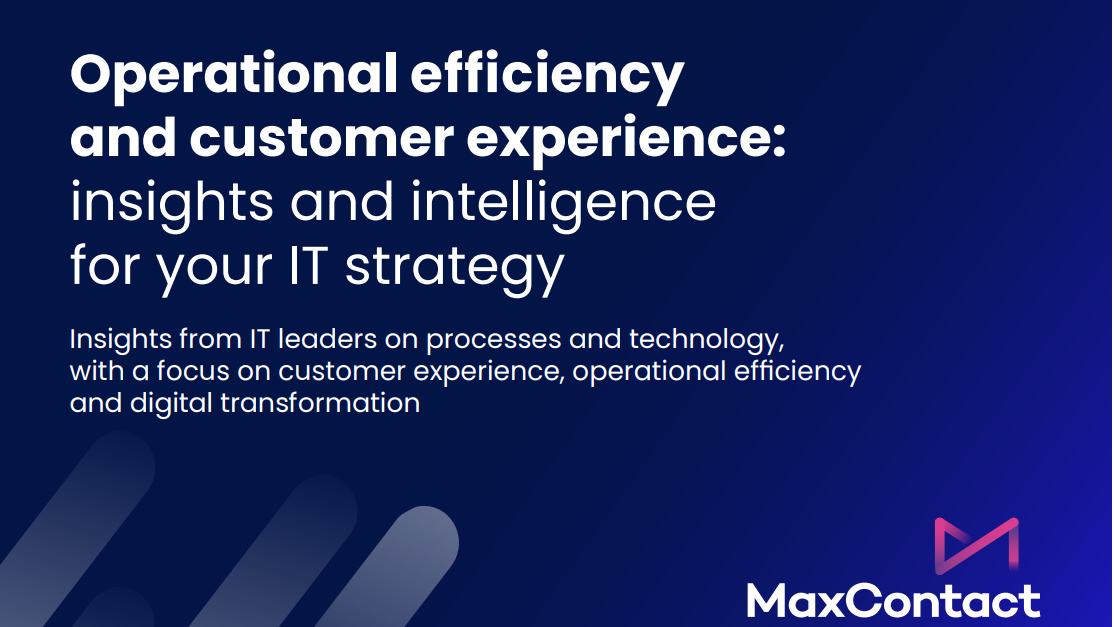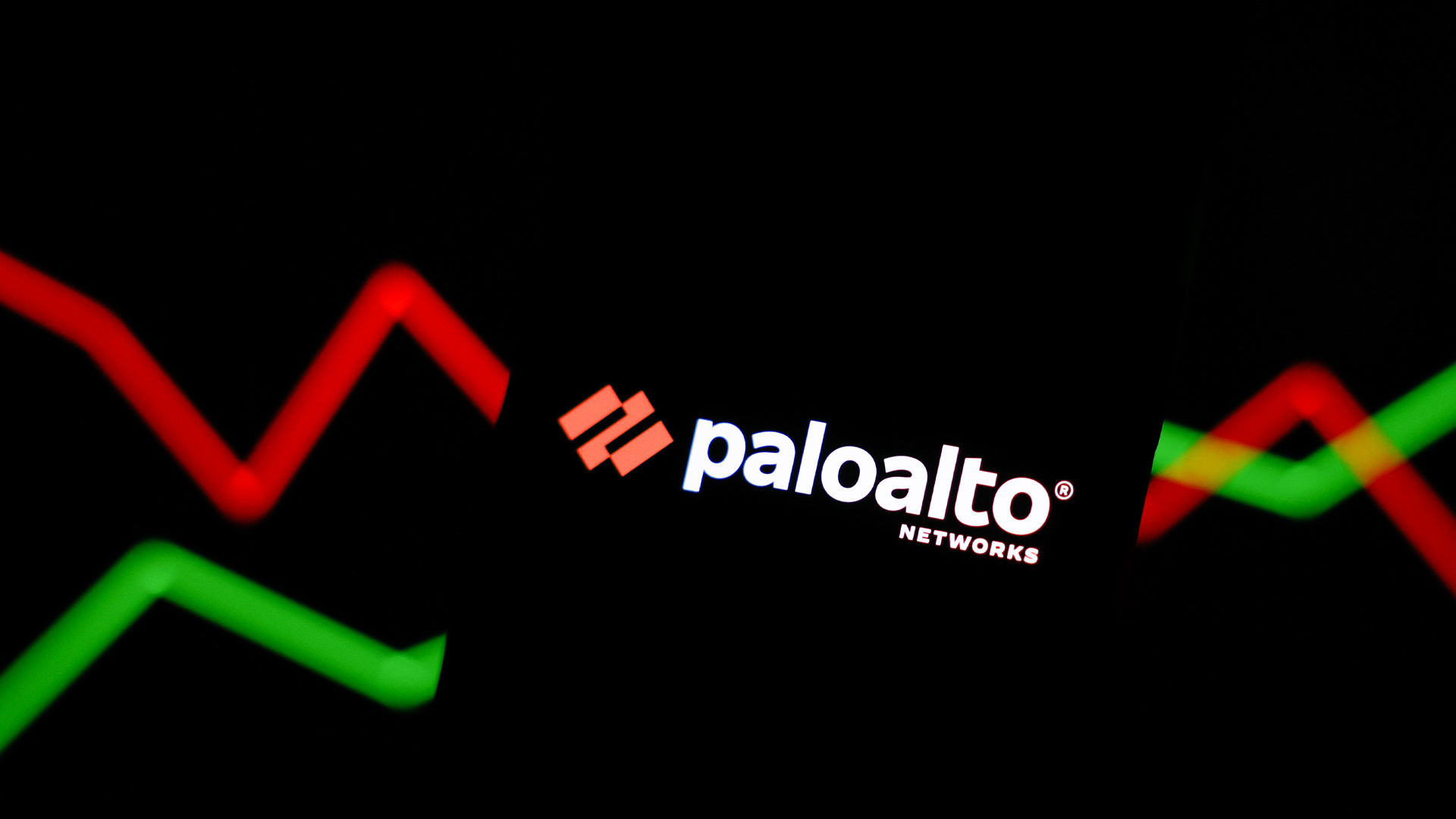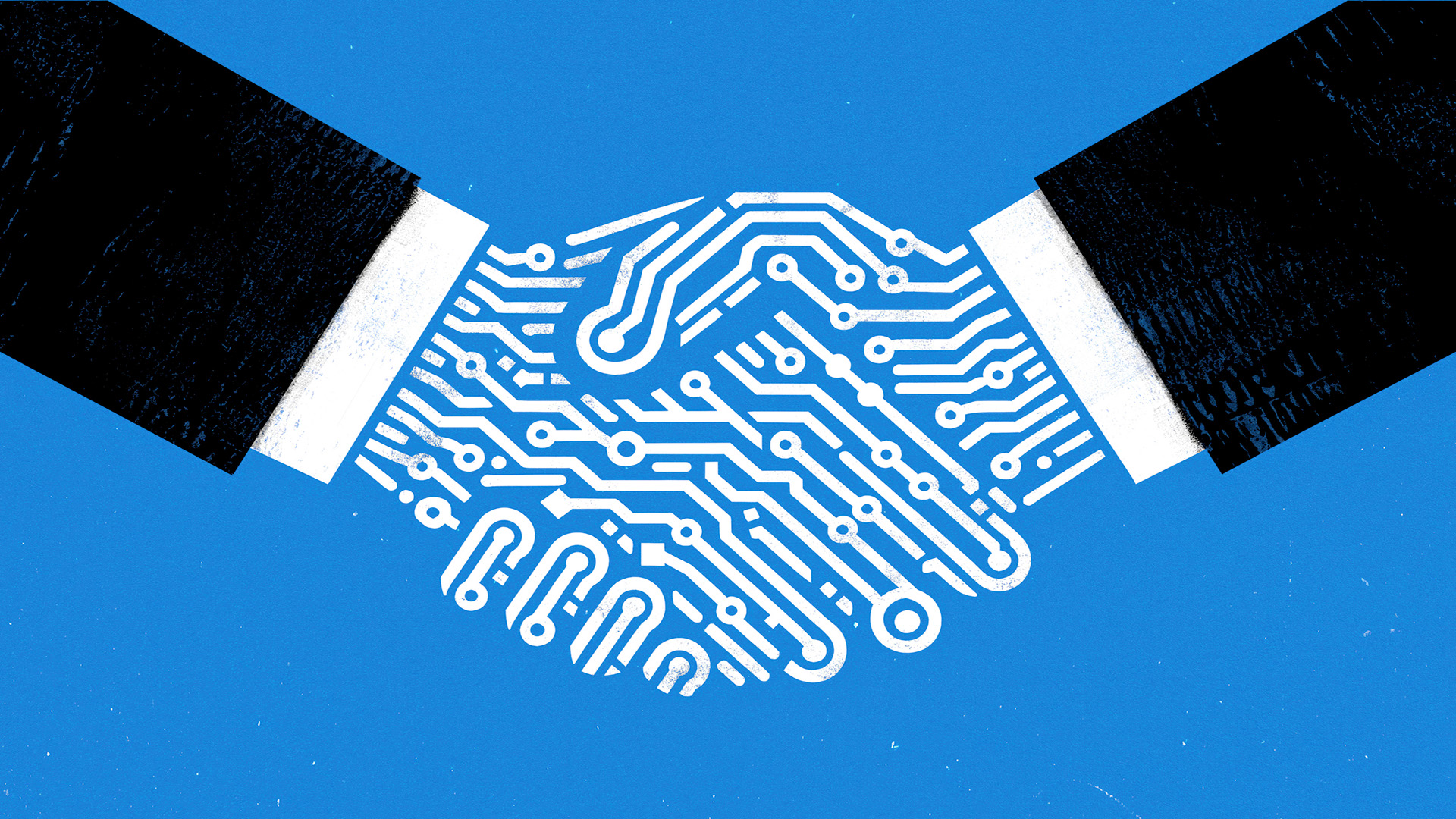Navigating the path to sustainable transformation in the IT channel
There is no ‘one size fits all’ approach to driving sustainability in the IT channel


The IT channel is a critical component of the tech industry, connecting manufacturers, service providers, and end-users.
However, as customer demands shift towards environmental responsibility, with over a third willing to walk away from a channel partner if it had a poor ESG strategy, channel suppliers are in a race to not only meet these expectations, but to prove their sustainability credentials and secure their foothold in the market.
Sustainability is now much more than just a value-add, it’s an expectation. Partners and vendors are under the microscope, and those that neglect sustainability risk being left behind and becoming less relevant to prospects and customers.

As Regional Vice President of Sales, Darren Ellis is responsible for driving EMEA sales for Park Place Technologies, with a focus on growing the company’s core infrastructure services business. Darren brings to the position a successful track record of more than 15 years’ experience that includes various leadership positions and recognized sales achievements in the technology market.
It’s important that all stakeholders across the channel ecosystem collaborate to create new, more sustainable business practices and remain competitive in today’s IT market.
So, what steps could channel partners take to build a more sustainable future for the IT industry?
There’s no one-size-fits-all for a sustainable channel
The IT channel ecosystem is vast, involving many players, each with its unique role and responsibilities.
From value-added resellers (VARs) and system integrators to cloud service providers (CSPs), they all understand that sustainability proof points are linked to the services they offer and the impact they can make on their customers.
Stay up to date with the latest Channel industry news and analysis with our twice-weekly newsletter
For instance, a VAR may advocate for the procurement of used hardware and extending the lifecycle of existing assets through comprehensive support and maintenance services.
Meanwhile, a CSP sees cloud as the ultimate sustainable IT solution, given its reduced on-premise footprint, meaning less servers used and so reduced carbon footprint.
This diversity in approaches shows how complex achieving sustainability is in the IT channel. It is not one-size-fits-all; instead a changing landscape where adaptability and innovation matter most.
Navigating sustainability standards
Regulatory changes are a key challenge for the channel. The IT industry faces a range of global, national and local rules, each with their own sustainable requirements.
For example, energy efficiency regulations in the EU and UK focused on improving electronic devices' energy efficiency.
These rules set how much power devices such as laptops, monitors, and servers can use. And these keep evolving worldwide, adding to the complexity in always complying.
An additional hurdle is the lack of distinct rules, standards and accreditations that everyone uses when it comes to improving sustainability. This makes it challenging for suppliers to decide which standards are applicable to their specific niche within the IT channel.
To set themselves up for success, channel suppliers can prioritize solutions such as proactive monitoring to regularly track and assess regulation updates and implement regular auditing and reporting processes to ensure ongoing compliance.
Building environmental relationships
An integrated approach of channel suppliers working closely with their customers when it comes to being environmentally friendly is important for the long-term profitability of channel suppliers.
RELATED RESOURCE

Get intelligence insights that will support your future IT strategies
DOWNLOAD NOW
Instead of just being buyers and sellers, businesses should now focus on forming long-term partnerships in a bid to become more sustainable.
Research has shown that the channel has been developing alliances to improve ESG and was under pressure to demonstrate the use of innovative technology to support sustainability efforts.
Tinkering at the fringes of the business was no longer an option and to be truly sustainable required wholesale changes and working with others through alliances or ecosystems.
Investing in clean energy and carbon neutrality
Another pivotal step for channel suppliers on the path to sustainable business is investing in clean energy sources and striving for carbon neutrality.
This includes transitioning to renewable energy for data centers, offices, and operations, and adopting energy-efficient technologies to reduce power consumption.
By setting clear targets and regularly reporting progress on carbon reduction efforts, channel suppliers can show their commitment to their environmental responsibility.
Embracing circular economy practices
E-waste is a mounting issue, and by 2024 the UK will become the world’s biggest contributor of e-waste. Channel suppliers can further enhance their sustainability efforts by embracing circular economy practices and support in not only reducing waste but also reusing and recycling resources where possible.
Channel suppliers can partner with recycling firms, offer buyback programs for old equipment, and explore remanufacturing options to minimise the environmental footprint of their products and services.
By closing the loop on product lifecycles, they can significantly contribute to a more sustainable IT ecosystem.
Sustainability isn't simply a buzzword in the IT channel; it's a transformative force reshaping the industry's future. Channel partners are navigating a complex path, driven by customer expectations and competition.
Despite regulatory challenges and the absence of standardized sustainability measures, companies are committed to delivering a more sustainable future for the IT industry, and the channel needs to play its part in that.

As Regional Vice President of Sales, Darren Ellis is responsible for driving EMEA sales for Park Place Technologies, with a focus on growing the company’s core infrastructure services business. Darren brings to the position a successful track record of more than 15 years’ experience that includes various leadership positions and recognized sales achievements in the technology market.
Darren specializes in forming strategic customer partnerships to help understand how a combination of technology and partnering with the right service providers can allow organisations to execute their strategic goals.
-
 Trump's AI executive order could leave US in a 'regulatory vacuum'
Trump's AI executive order could leave US in a 'regulatory vacuum'News Citing a "patchwork of 50 different regulatory regimes" and "ideological bias", President Trump wants rules to be set at a federal level
-
 TPUs: Google's home advantage
TPUs: Google's home advantageITPro Podcast How does TPU v7 stack up against Nvidia's latest chips – and can Google scale AI using only its own supply?
-
 Salesforce opens up Agentforce 360 for partners to drive agent development
Salesforce opens up Agentforce 360 for partners to drive agent developmentNews Salesforce has opened up its Agentforce 360 platform to allow partners to build and sell AI agents and applications.
-
 Is diversity still a challenge in the channel?
Is diversity still a challenge in the channel?Industry Insights Despite progress, diversity remains a challenge in the tech channel, as women represent less than a quarter of the UK’s tech workforce and still face structural and cultural barriers
-
 Alteryx names former Salesforce, Oracle strategist as new global technology alliances lead
Alteryx names former Salesforce, Oracle strategist as new global technology alliances leadNews The former Salesforce and Oracle leader will spearhead Alteryx’s partner strategy as the vendor targets deeper ecosystem collaboration
-
 How channel-supported smart decisions can pay off now and in the future
How channel-supported smart decisions can pay off now and in the futureIndustry Insights How can partners help retailers make smarter IT investments this Black Friday?
-
 Palo Alto Networks to acquire Chronosphere in $3.35bn deal
Palo Alto Networks to acquire Chronosphere in $3.35bn dealNews The cybersecurity vendor will combine Chronosphere’s observability platform with its own Cortex AgentiX offering
-
 Circular services: The next growth engine for channel partners
Circular services: The next growth engine for channel partnersIndustry Insights Why circular services are the next growth engine for channel partners
-
 Nozomi Networks eyes channel growth with double executive appointment
Nozomi Networks eyes channel growth with double executive appointmentNews Matthew Cowell has been named as VP of strategic alliances, while Tyson Gerhold becomes VP of global partner and channel sales
-
 Illumio partners with Kyndryl to accelerate zero trust adoption
Illumio partners with Kyndryl to accelerate zero trust adoptionNews The collaboration pairs Illumio’s AI-powered threat containment with Kyndryl’s microsegmentation services to deliver security and compliance gains